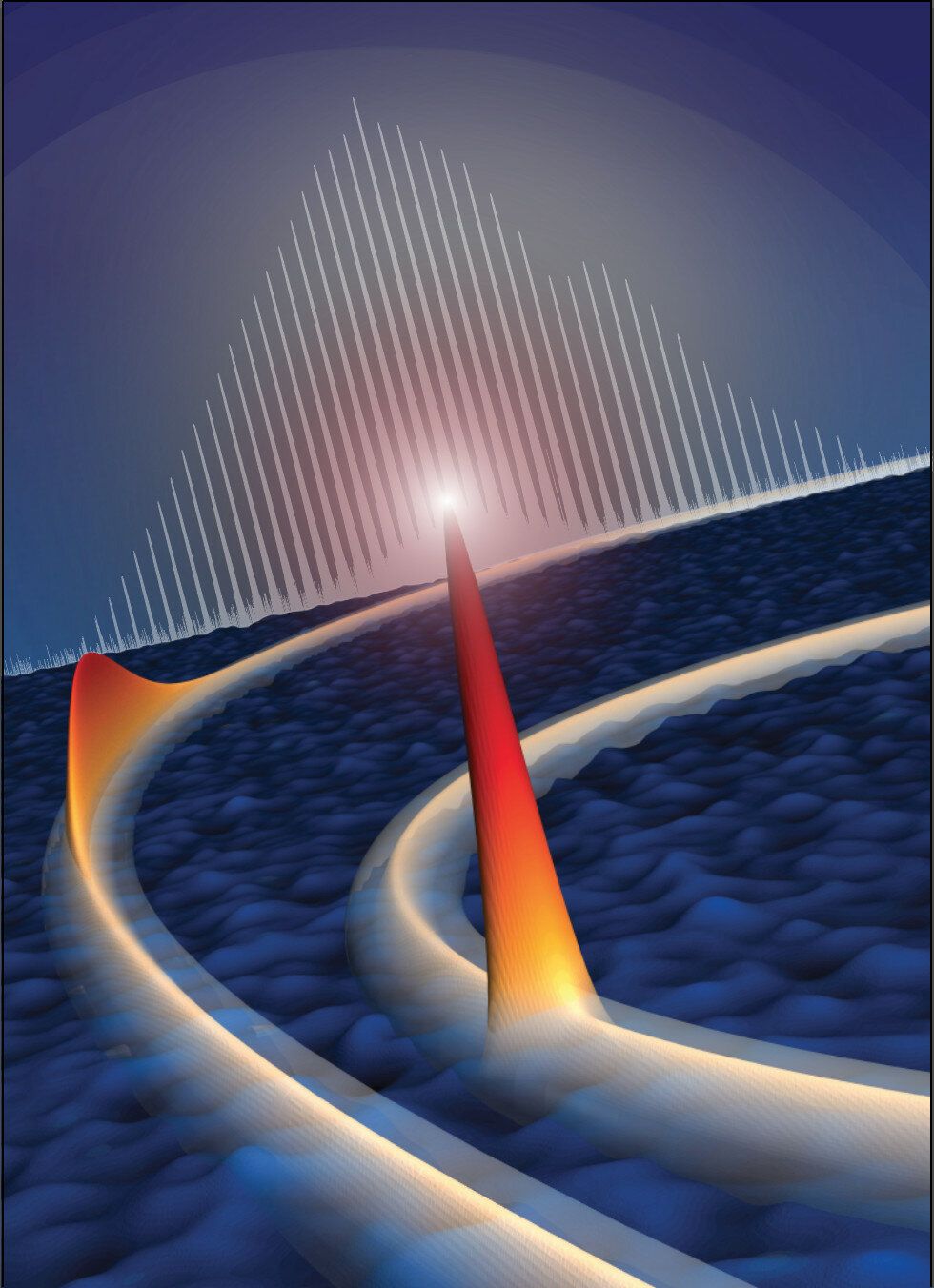Scientists in the Emergent Photonics Lab (EPic Lab) at the University of Sussex have made a breakthrough to a crucial element of an atomic clock—devices which could reduce our reliance on satellite mapping in the future—using cutting-edge laser beam technology. Their development greatly improves the efficiency of the lancet (which in a traditional clock is responsible for counting), by 80% — something which scientists around the world have been racing to achieve.
Currently, the UK is reliant on the US and the EU for the satellite mapping that many of us have on our phones and in our cars. That makes us vulnerable not only to the whims of international politics, but also to the availability of satellite signal.
Dr. Alessia Pasquazi from the EPic Lab in the School of Mathematical and Physical Sciences at the University of Sussex explains the breakthrough: With a portable atomic clock, an ambulance, for example, will be able to still access their mapping whilst in a tunnel, and a commuter will be able to plan their route whilst on the underground or without mobile phone signal in the countryside. Portable atomic clocks would work on an extremely accurate form of geo-mapping, enabling access to your location and planned route without the need for satellite signal.










Comments are closed.